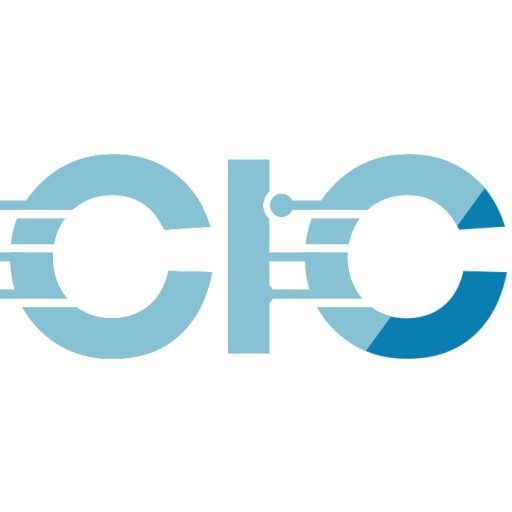Introduction
As healthcare continues to integrate technology, the demand for reliable and innovative power solutions grows. Medical devices are at the forefront of this evolution, requiring advanced battery technologies to ensure efficiency and reliability. This article explores the latest innovations in medical device battery technology, highlighting their significance in the healthcare sector.
The Importance of Battery Technology in Healthcare
Battery technology plays a pivotal role in the operation of medical devices. From portable monitors and infusion pumps to wearable health trackers, these devices rely on batteries to deliver critical healthcare services without interruption. The right battery technology can enhance the performance, safety, and usability of medical devices.
Recent Innovations in Medical Device Battery Technologies
1. Lithium-Sulfur Batteries
Lithium-sulfur (Li-S) batteries are emerging as a front-runner in medical device applications due to their high energy density and lightweight nature. Unlike conventional lithium-ion batteries, Li-S batteries can store more energy, making them ideal for devices requiring long operational times between charges.
2. Solid-State Batteries
Solid-state batteries offer a significant advancement over traditional lithium-ion technology. They utilize a solid electrolyte instead of a liquid one, reducing the risk of leaks and improving safety. This innovation can lead to longer-lasting and more efficient batteries for medical devices.
3. Wireless Charging Technology
Wireless charging solutions are becoming increasingly popular in the healthcare industry. This technology allows devices to be charged without physical connections, minimizing wear and tear on charging ports and improving hygiene—crucial factors in hospital settings.
4. Energy Harvesting Techniques
Energy harvesting techniques, such as piezoelectric systems and thermoelectric generators, convert ambient energy into electrical power. This innovation can provide a continuous power supply for medical devices, reducing dependency on batteries and enabling devices to operate indefinitely.
Challenges and Considerations
While advancements in battery technology present numerous opportunities, there are challenges to consider. Regulatory approvals, battery lifespan, and the environmental impact of battery disposal are critical factors that must be addressed as new technologies are developed and implemented.
The Future of Medical Device Battery Technology
The future of battery technology in healthcare looks promising, with ongoing research and development focusing on enhancing energy efficiency, longevity, and safety. As medical devices become increasingly sophisticated, the need for advanced battery solutions will continue to grow, driving innovation in this vital area of healthcare technology.
Conclusion
Innovations in medical device battery technology are crucial for improving healthcare delivery. By enhancing the reliability and functionality of medical devices, these advancements contribute to better patient outcomes and a more efficient healthcare system. As the industry continues to evolve, staying informed about battery technologies will be essential for both healthcare providers and manufacturers alike.


